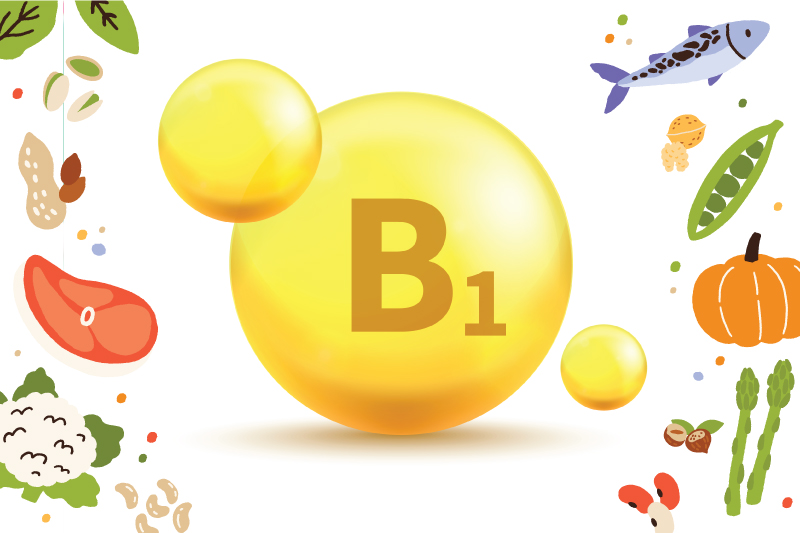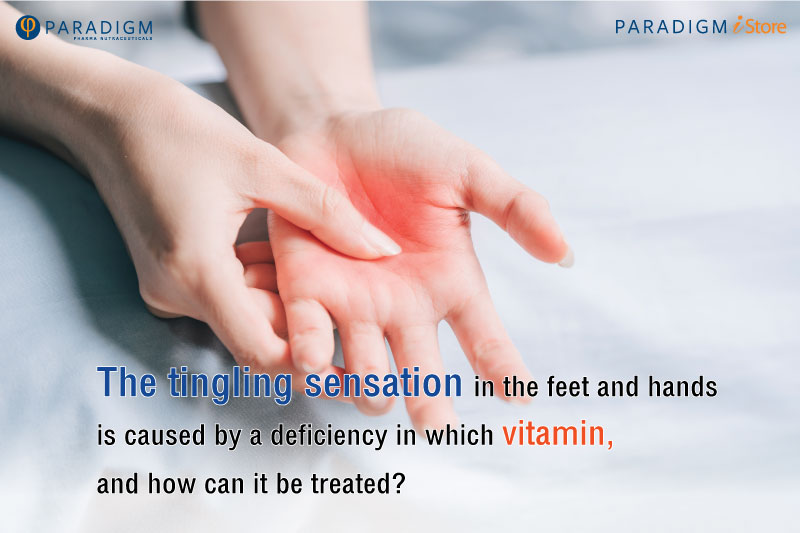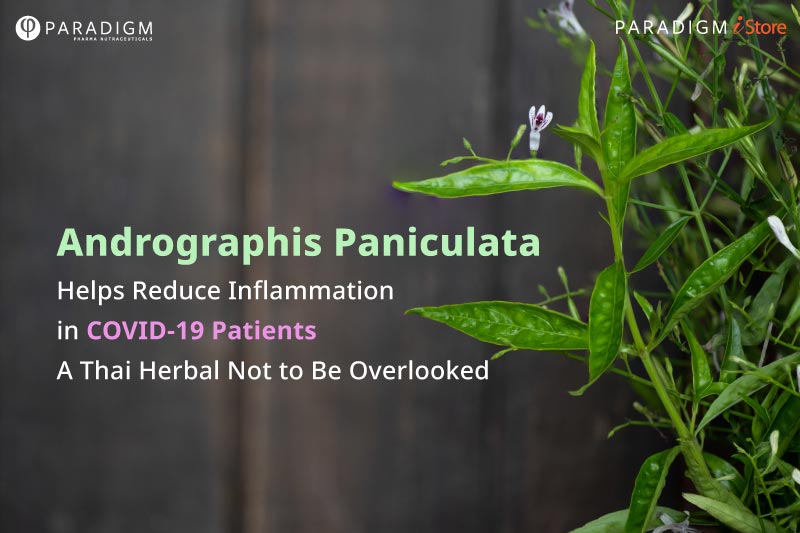The tingling sensation in the feet and hands is caused by a deficiency in which vitamin, and how can it be treated?
What is tingling sensation and what causes it?
Tingling sensation is a symptom that can occur frequently in individuals of various ages, including infants, toddlers, adolescents, working adults, or the elderly. The characteristic feature of tingling sensation is the feeling that a particular area of the skin on the hands, feet, or other parts of the body is thick, numb, tingly, or like there are pins and needles. In some cases, if the sensation is severe, it can lead to a burning or stinging pain, and the affected area may become rigid and difficult to move.
There are various causes of tingling sensation, and individuals experiencing it should carefully consider them to initially manage the symptoms, prevent recurrence, or avoid it from escalating into more serious illnesses or conditions.
- Tingling sensation in the hands, feet, or any particular body part can occur due to prolonged pressure or immobilization, leading to impaired blood circulation to that area.
- Tingling sensation at the fingertips or toes, without a known cause, often occurs intermittently but may become more frequent or persistent over time. This could be attributed to nutritional deficiencies or specifically a deficiency in Vitamin B1 (B1), which affects various parts of the nervous system and can result in tingling sensation.
- Regular alcohol consumption or smoking can also contribute to long-term effects on the body, leading to tingling sensation.
- Pregnant women, especially in the later stages of pregnancy, commonly experience tingling sensation in the fingers and toes.
- Elderly individuals with reduced appetite or decreased efficiency in absorbing vitamins due to aging may experience tingling sensation due to Vitamin B1 deficiency.
- Individuals with chronic diseases such as liver or kidney diseases are also at risk of experiencing tingling sensation.
The disease “tingling sensation” caused by a deficiency of vitamins.
If you’re someone who maintains a healthy lifestyle without excessive alcohol or tobacco consumption, isn’t pregnant, and doesn’t have any serious chronic illnesses known to cause tingling sensation, but still experiences frequent tingling sensation in the fingertips and toes without a known cause, it could indeed be bothersome and cause worry.
Based on the provided information, it can be preliminarily assessed that the tingling sensation might be due to a deficiency in essential nutrients, such as Vitamin B1. In medical terms, Vitamin B1 is effective in supporting and enhancing the normal functioning of the nervous system. If the nervous system is functioning improperly or inefficiently, it may lead to tingling sensation in the fingers, toes, or other parts of the body. Additionally, a severe deficiency in Vitamin B1 can also result in more severe tingling sensation.

What is vitamin B1?
Vitamin B1 is a vital nutrient that supports the functioning of the nervous system, brain, and heart to maintain normal body functions. Unfortunately, the body cannot produce vitamin B1 on its own, so it must be obtained through dietary intake. It’s essential to ensure an adequate intake of vitamin B1 through food sources to meet the body’s needs. Moreover, in daily life, besides seeking foods that provide vitamin B1, we should also be cautious of certain food choices that may destroy or reduce the effectiveness of vitamin B1. This precaution helps prevent vitamin B1 deficiency.
Foods that supplement vitamin B1 for the body
- Meat from pork liver
- Lean beef
- Chicken meat
- Fish such as mackerel and tuna
- Legumes including green beans, red beans, yellow beans, and lentils
- Various vegetables such as cauliflower, potatoes, asparagus, and Chinese kale
Foods that destroy or reduce the effectiveness of Vitamin B1 that should be avoided.
- Fermented fish
- Raw anchovies
- Pickled and fermented foods
- Crickets
- Betel nuts
- Cockles
Immediate Remedies and Relief for Tingling Sensation
If you’re engaged in any activity and suddenly experience a tingling sensation, here are some basic remedies to alleviate discomfort and pain:
- Stop using the affected body part immediately.
- Assess the severity of the tingling sensation. Determine if it’s mild, accompanied by slight numbness, or if it spreads to nearby areas.
- Try to relax and avoid tensing the area where the tingling occurs.
- Gently massage and stretch the affected area to promote muscle relaxation and improve blood circulation. Perform these actions calmly and without jerking or forcing, as it may worsen the pain.
Summary:
Tingling sensations, or paresthesia, can stem from various causes, each with varying degrees of severity and short-term versus long-term effects. If you’re generally healthy, don’t have any significant underlying conditions contributing directly to tingling sensations, and don’t engage in habits like excessive alcohol consumption or smoking, yet still experience frequent tingling sensations, it can be distressing.
Given the considerations mentioned above, it’s possible that you may be lacking in Vitamin B1 (thiamine), which plays a crucial role in supporting the functioning of the nervous system, directly affecting bodily functions. If you haven’t already consulted a doctor, seeking advice might start with controlling your diet to include foods rich in Vitamin B1 or looking for multivitamins or B-complex supplements containing Vitamin B1 and other essential nutrients. Then, monitor whether your condition improves over time.







